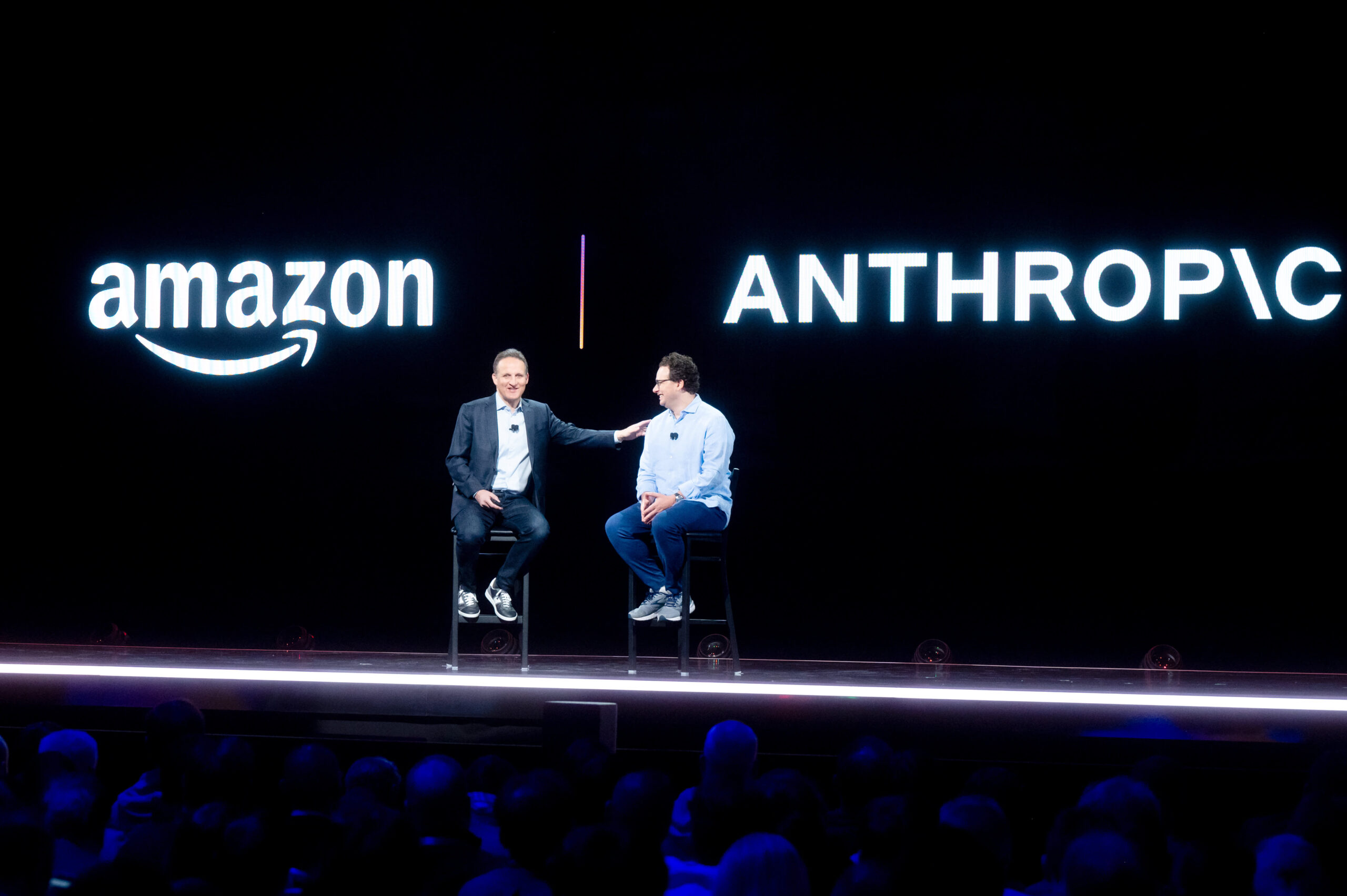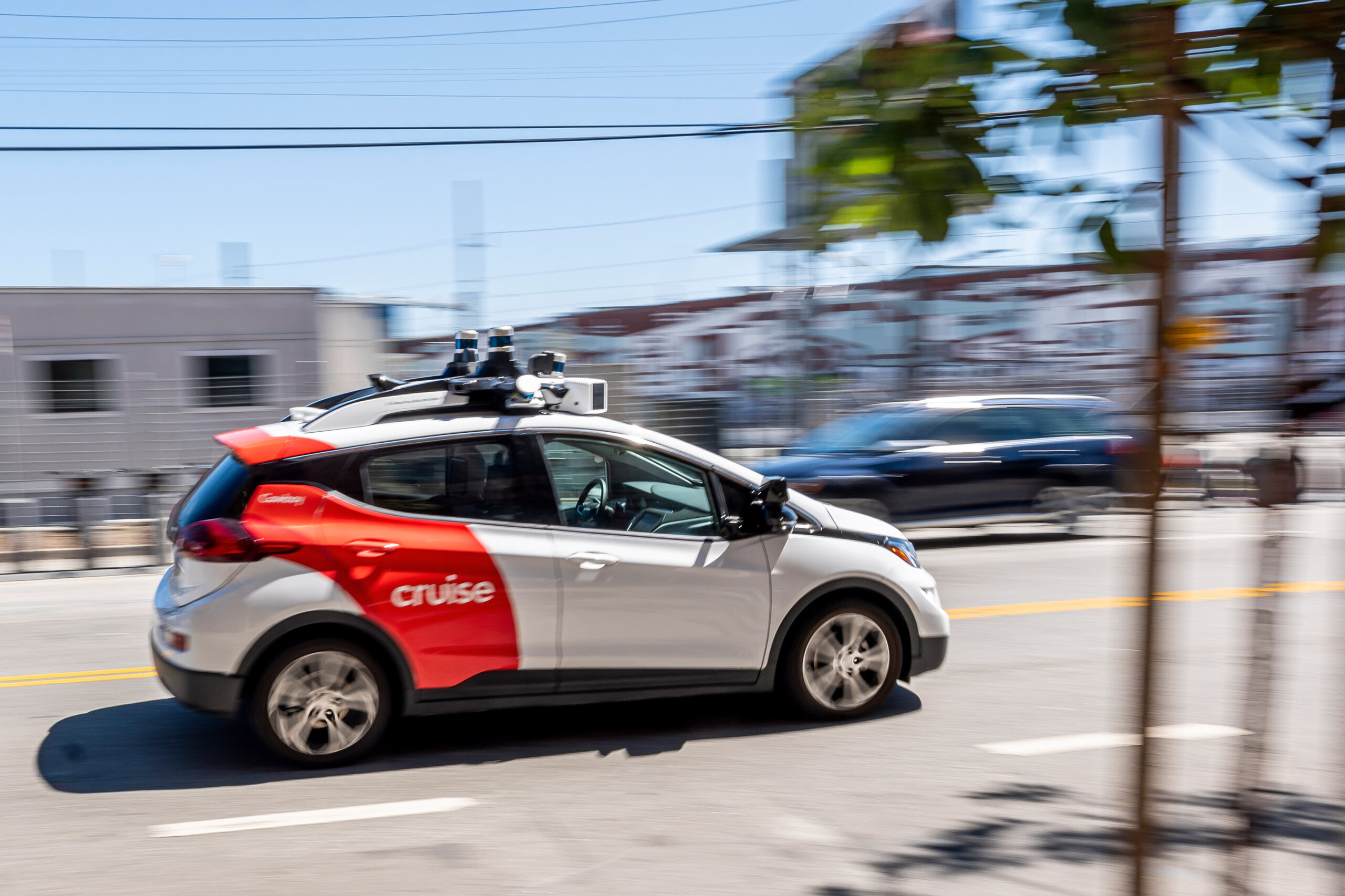PETALING JAYA: Although global semiconductor sales have picked up in recent months, it will take time to be fully transmitted to local players that are mostly at the back end of the supply chain, according to Kenanga Research.
“We expect a slow start to the 2024 calendar year due to the seasonally slow first quarter 2024 (1Q24) on the heels of the year-end peak demand period for consumer electronics and vehicles in 4Q23, which has been slightly underwhelming given the weak global economy.
“At the same time, we are also mindful of the scheduled plant shutdowns during the long Chinese New Year break, especially in China. Local players guided for a more meaningful recovery in the second half of 2024. Meanwhile, we continue to stick with proven names while being on the lookout for the earnings inflection points for stocks that we currently have a ‘market perform’ rating on,” the research house said.
The research house said it is maintaining its “neutral” stance on the technology sector.
Global semiconductor industry data aggregator and forecaster WSTS projects global semiconductor sales to rise 13.1% this year, driven by a rebound in memory chips (44.8%) and logic integrated circuits (9.6%). Geographically, the Americas and Asia Pacific are expected to lead the recovery in 2024, particularly Asia-Pacific, which commands around 53% of global sales.
In the outsourced semiconductor assembly and test space (Osat), Kenanga Research said its preference remains with Inari Amertron Bhd due to its proactive strategy towards artificial intelligence-related products.
Inari has initiated low-volume production through a single line for a memory customer, with plans to expand to four lines by June this year.
The company has indicated that this venture into memory products will eventually position it to capitalise on the growing demand for artificial intelligence (AI) applications, as memory plays a crucial role alongside graphical processing power.
Furthermore, its foray into optical transceivers is gaining momentum, driven by the transition to 800 gigabits per second by customers seeking faster data transfer rates within data centres to accommodate growing AI adoption, it added.
Meanwhile, for its radio frequency business (about 63% of group revenue), Inari anticipates the upcoming low cycle in 1Q23 to be manageable, cushioned by the absence of power interruptions that occurred in the prior quarter.

